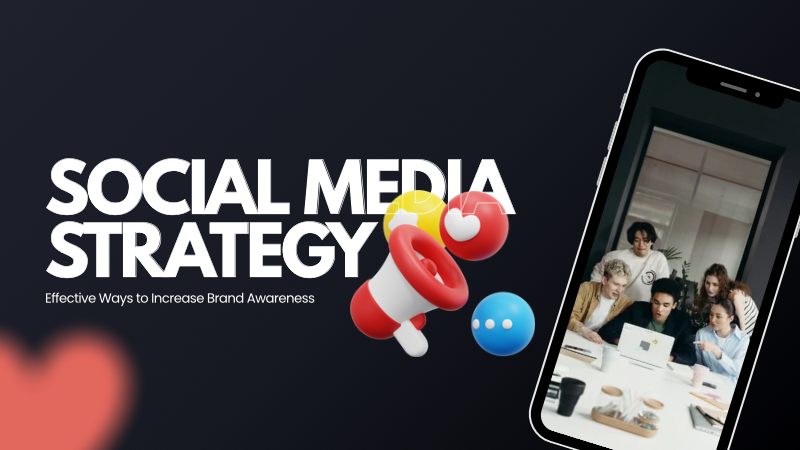The Impact of Social Media on Modern Life Benefits - Challenges - and Future Trends

The Impact of Social Media on Modern Life: Benefits, Challenges, and Future Trends
Meta Description:
Discover the impact of social media on modern life, including its benefits, challenges, and future trends. Learn how social platforms shape communication, business, mental health, and global culture.
⸻
Introduction
In the last two decades, social media has become one of the most powerful forces shaping human interaction, business, politics, and culture. What began as simple online platforms for connecting with friends has evolved into a global phenomenon that affects nearly every aspect of our lives. With billions of users across platforms like Facebook, Instagram, Twitter (now X), TikTok, LinkedIn, and Snapchat, social media has transformed communication, commerce, entertainment, and even the way we perceive reality.
This article explores the impact of social media on modern life, focusing on its benefits, challenges, and the future trends that will continue to reshape our world.
⸻
The Rise of Social Media
Early Beginnings
The roots of social media can be traced back to the late 1990s and early 2000s, with platforms such as Friendster, MySpace, and the early days of Facebook. These platforms laid the groundwork for the massive networks we know today by allowing people to share personal updates, photos, and messages online.
Explosion of Platforms
As internet access expanded and smartphones became widely available, social media exploded in popularity. Platforms like Instagram and TikTok introduced new ways to share content through photos and short-form videos, while LinkedIn focused on professional networking. Today, each platform serves a unique purpose, but all contribute to the global conversation.
Current Statistics
• Facebook: Over 2.9 billion monthly active users.
• Instagram: Over 2 billion users.
• TikTok: Over 1.5 billion users and growing rapidly.
• Twitter (X): Over 550 million monthly active users.
• LinkedIn: Over 950 million users worldwide.
These numbers highlight the sheer scale of social media’s influence.
⸻
Benefits of Social Media
1. Global Communication
Social media has broken down geographical barriers, allowing people to connect instantly across the world. Whether it’s staying in touch with family, making international friends, or engaging in cross-cultural exchanges, social platforms have created a “global village.”
2. Business and Marketing Opportunities
For businesses, social media is a game-changer. It provides cost-effective tools to promote products, reach targeted audiences, and build brand loyalty. Influencer marketing, user-generated content, and viral campaigns have all emerged as powerful strategies.
3. Education and Learning
Social platforms are not just for entertainment; they are also valuable for education. Teachers, students, and professionals use platforms like YouTube, LinkedIn, and even TikTok to share tutorials, lectures, and resources.
4. Social Awareness and Activism
Movements such as #MeToo, Black Lives Matter, and climate activism gained momentum through social media. Platforms amplify voices, raise awareness about global issues, and mobilize people for social change.
5. Entertainment and Creativity
From memes to viral videos, social media is the ultimate entertainment hub. It also provides creative individuals with a platform to showcase their talents, whether in music, art, photography, or storytelling.
⸻
Challenges of Social Media
1. Mental Health Concerns
While social media connects people, it also contributes to anxiety, depression, and loneliness. Constant exposure to curated lifestyles creates unrealistic standards, leading to comparison and low self-esteem, especially among teenagers.
2. Privacy Issues
Users often share personal information without realizing how it can be exploited. Data breaches, identity theft, and targeted advertising have raised serious concerns about digital privacy.
3. Misinformation and Fake News
Social media has become a breeding ground for misinformation. False narratives spread quickly, influencing public opinion and even elections. The challenge of regulating misinformation without limiting free speech remains ongoing.
4. Addiction and Time Consumption
Scrolling through feeds can become addictive. Studies show that excessive screen time negatively impacts productivity, sleep patterns, and real-world social interactions.
5. Cyberbullying and Online Harassment
The anonymity of the internet can encourage toxic behavior. Cyberbullying affects millions of users, leading to emotional and psychological harm.
⸻
The Role of Social Media in Business
Marketing and Branding
Businesses use platforms like Instagram and TikTok to run engaging campaigns. Algorithms make it possible to target ads to specific demographics, maximizing marketing efficiency.
Customer Engagement
Social media allows real-time interaction between brands and consumers. Customer service has shifted to platforms like Twitter and Facebook, where users expect quick responses.
Influencer Culture
Influencers now play a massive role in shaping consumer decisions. Brands collaborate with influencers to build trust and expand reach.
⸻
Social Media and Politics
Social platforms have become crucial in politics, from campaign promotions to grassroots activism. However, they also pose risks of political manipulation, echo chambers, and polarization.
⸻
Social Media and Culture
Social media drives global trends in music, fashion, and entertainment. Viral challenges, hashtags, and memes influence culture at lightning speed. This interconnectedness creates a shared digital culture across nations.
⸻
Future Trends of Social Media
1. Augmented Reality (AR) and Virtual Reality (VR)
Platforms are experimenting with immersive experiences, such as virtual shopping and metaverse interactions.
2. Short-Form Video Dominance
TikTok’s success has shown that short, engaging content is the future of social media. Other platforms are adopting similar formats.
3. Increased Regulation
Governments and organizations are pushing for stricter policies to combat misinformation, protect privacy, and ensure user safety.
4. AI and Personalization
Artificial intelligence will further personalize user experiences, from targeted ads to curated feeds.
5. Rise of Niche Platforms
Smaller, community-focused platforms will grow as users seek more meaningful and authentic interactions.
⸻
FAQs About Social Media
Q1: How does social media impact mental health?
Social media can contribute to stress, anxiety, and low self-esteem due to constant comparison, but it can also provide support networks and connections when used mindfully.
Q2: Can social media be a reliable news source?
While social media provides instant updates, misinformation is widespread. It’s best to verify information through trusted news outlets.
Q3: What are the biggest benefits of social media for businesses?
Key benefits include cost-effective marketing, direct customer engagement, brand awareness, and the ability to target specific audiences.
Q4: What is the future of social media?
The future will likely include more immersive technologies (AR/VR), increased regulation, and a shift toward authenticity and niche communities.
⸻
Conclusion
Social media has undeniably transformed the world. It connects people, empowers businesses, amplifies voices, and entertains billions daily. At the same time, it presents significant challenges related to mental health, privacy, misinformation, and online safety.
As we move forward, the role of social media will only grow. The key lies in finding balance—leveraging its benefits while addressing its drawbacks. Whether you’re an individual user, a business, or a policymaker, understanding the impact of social media is essential for thriving in the digital age.
